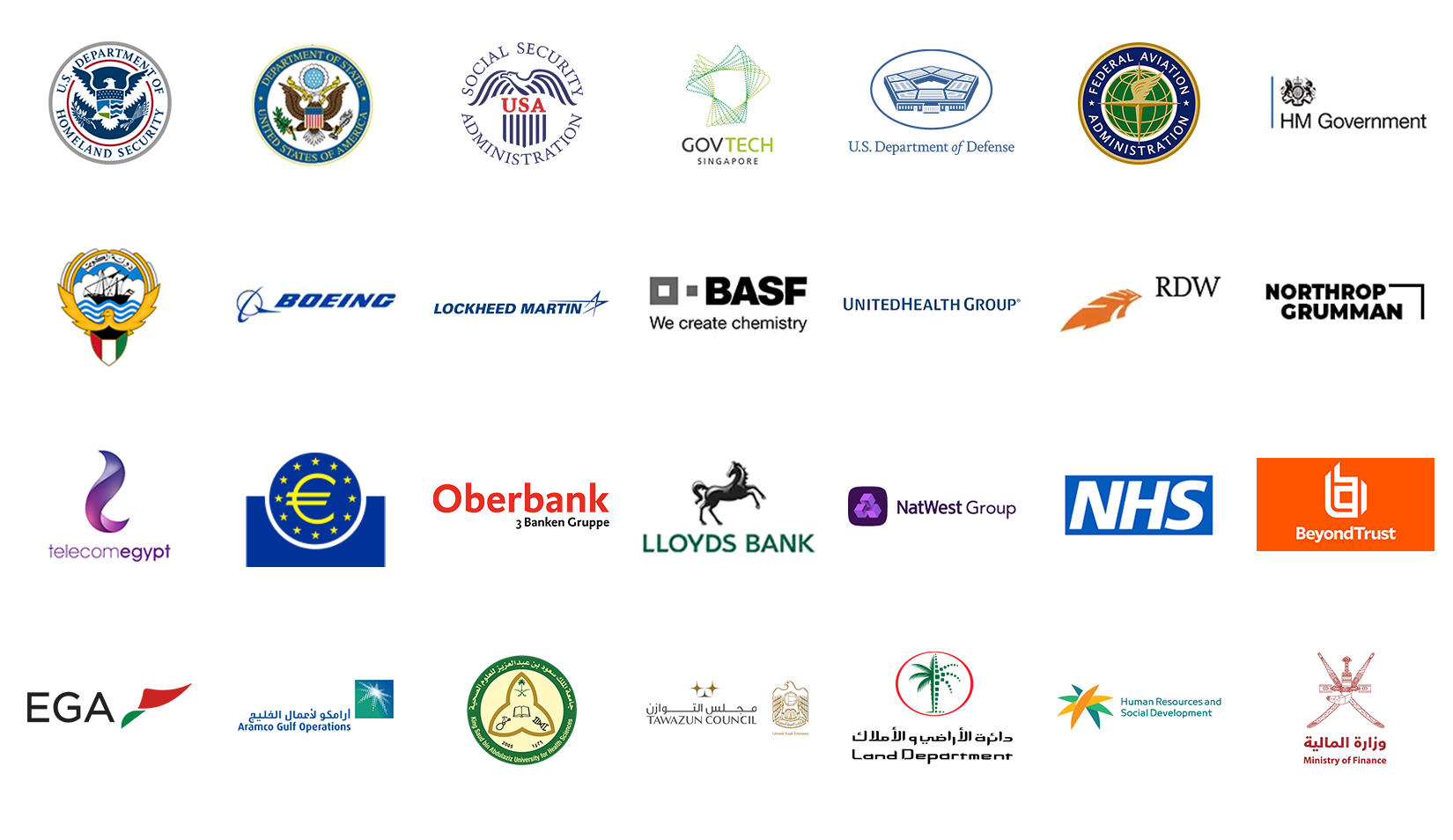
Recruiting Graduates into Cyber Security at Intercede
At Intercede we are excited to recruit graduates straight from university and offer a supported training programme that starts before even joining the team, with a little pre-reading of some basic concepts of PKI and Cryptography. We don’t require a specific cyber security education; we simply look for bright and self-motivated candidates.
On joining, the first four weeks provide introductory sessions on Cyber Security, Intercede Products, platforms, and architecture, the role of the various business departments and processes and an introduction to agile software development. Security sessions include Security awareness, PKI and Cryptography, Smart Cards, PIV and FIPS 201. Product sessions on functionality and architecture. These sessions serve to demystify cyber security and provide some solid knowledge foundations to build upon. They also provide the candidate with an introduction to Enterprise scale software development.
The graduate also spends 10 days in test, testing the next release to get hands-on with the product, and see it in operation. We feel its important to connect with the overall product being developed not just have visibility of one part.
On completing the initial induction, a mentor is assigned, a senior software engineer in the area the graduate will be working. We identify programming language training, usually fulfilled by online training resources and discussion with the mentor. Later we introduce design principles and patterns to further evolve software design, and behaviour-driven development to develop improved communication across teams.
Key to the programme is we don’t believe in confining graduates to periphery activities, utilities, etc. We believe in creating an opportunity with few limits to how far and quickly a graduate can progress their knowledge of our product, design, coding, agile processes, and the cybersecurity domain.
Our agile software development approach provides a supportive environment, where a team works on several stories each sprint. With each story broken down into several small tasks. Therefore, a graduate can take a suitable small task and progress with the support of their mentor, using peer review for feedback, and start contributing to the next product release. It is important when the story is demonstrated to stakeholders at the end of a sprint and added to the product, the graduate can clearly see their contribution.
Cybersecurity is an interesting domain offering a great software development career.
If you have recently graduated with a degree in computing, electronics, science, or are passionate about software development, have good problem-solving skills, technical aptitude and a desire to learn, look no further.
Visit our careers page to see our latest vacancies.
For professional development and educational resources visit CISA Education & Career Development
Trusted by Governments and Enterprises Worldwide
Where protecting systems and information really matters, you
will find Intercede. Whether its citizen
data, aerospace and defence systems, high-value financial transactions,
intellectual property or air traffic control, we are proud that many leading
organisations around the world choose Intercede solutions to protect themselves
against data breach, comply with regulations and ensure business continuity.

